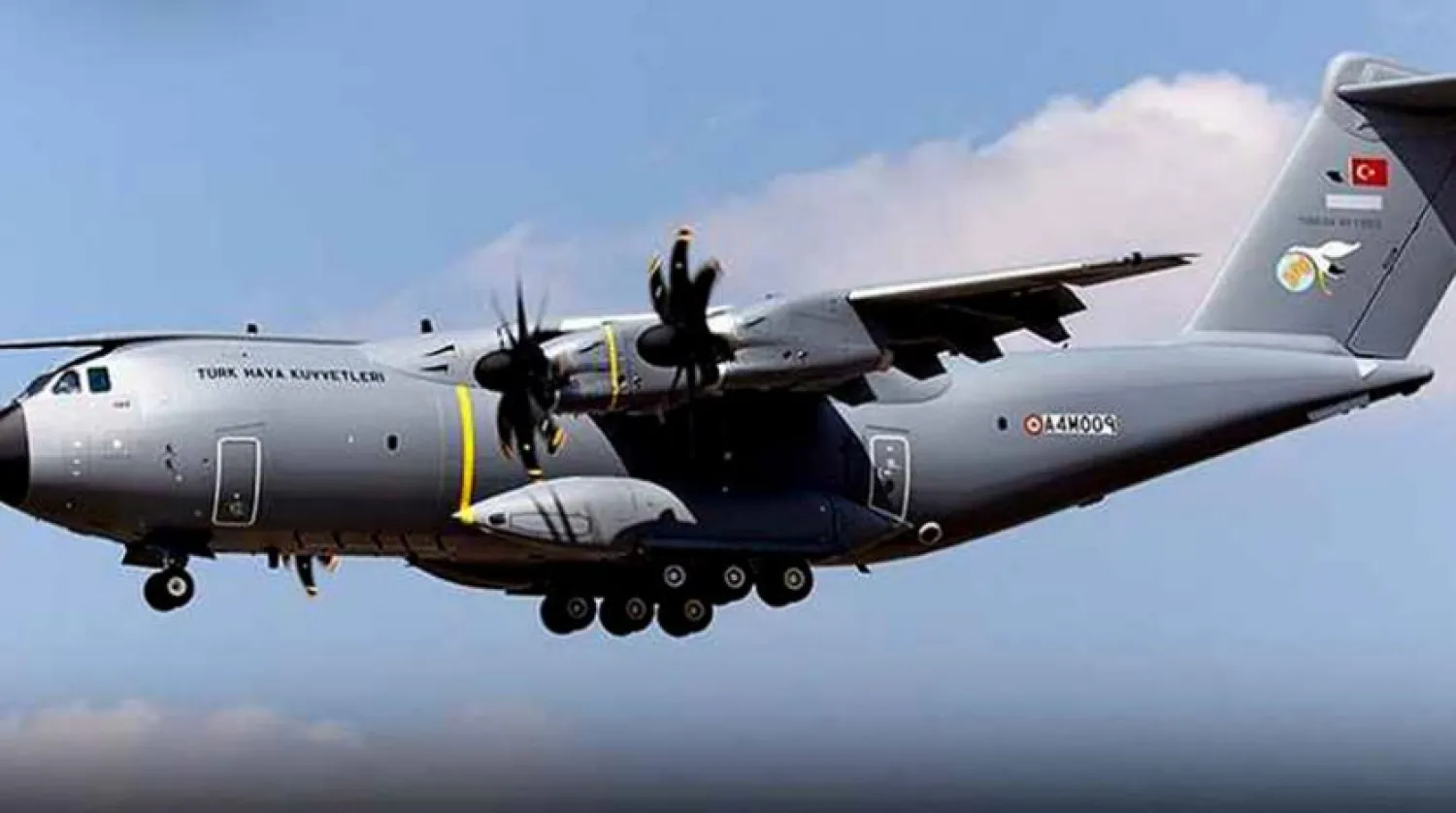Differences between Tunisia's Ennahda movement and several opposition parties have renewed over Turkey’s role in backing a party to the conflict in Libya by using Tunisian soil.
A Turkish plane landed at Djerba-Zarzis International Airport on Friday, creating controversy on Turkish influence in the region.
While Turkey’s state-run news agency quoted the defense ministry as saying that the country has sent assistance to Tunisia to fight the coronavirus outbreak without mentioning Libya, opposition parties raised doubts on the cargo’s real destination and its nature.
The Tunisian presidency said that it allowed the plane to land at the Djerba airport and that it “conditioned to deliver the assistance intended for the brethren in Libya to the Tunisian authorities (security and customs), which would in turn take the cargo to the border crossing of Ras Jedir to deliver it to the Libyan side.”
The opposition Free Constitutional Party has recently proposed a draft-law to reject any foreign meddling in Libya. The head of the bloc, Abir Moussa, urged the parliament to approve it.
She said the proposed draft-law came against the backdrop of suspicious deals made by the parliament speaker with the Turkish president, who has interfered in Libya’s war.
The Free Constitutional Party has opposed two deals with Turkey and Qatar. The first agreement allows opening a Qatar Fund for Development (QFFD) office in Tunis, while the deal with Turkey calls for protecting and encouraging bilateral investment.
Party leaders have expressed concern over attempts by some organizations to turn Tunisia into a logistics hub for foreign interference in Libya’s affairs.
Moussa has accused Speaker Rashid Ghannouchi, who heads Ennahda movement, of cooperation with “Libya’s Brotherhood,” saying he has turned the parliament into an instrument for the implementation of the Muslim Brotherhood’s plan in the Maghreb.









